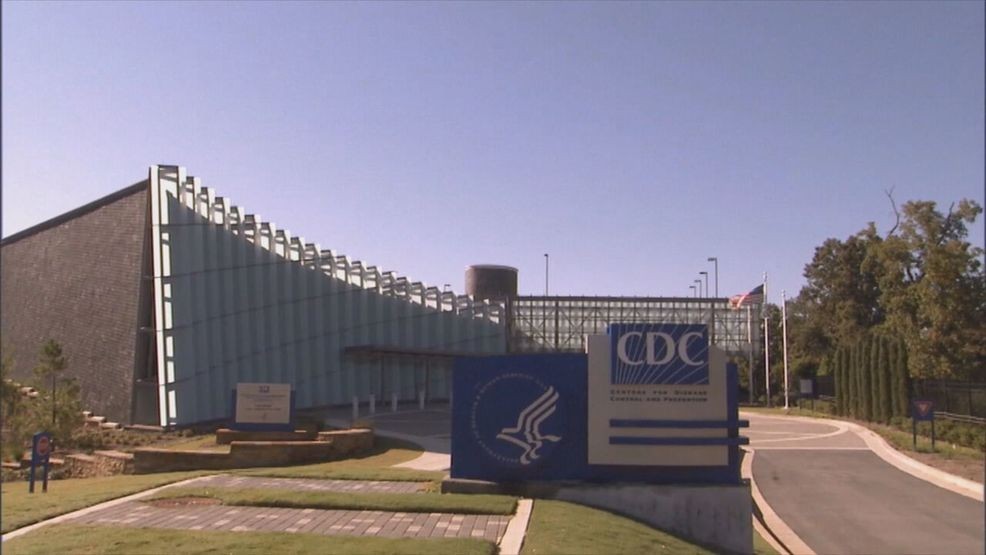Autism Prevalence Climbs: CDC Data Sparks Debate Amid Environmental Controversy

In a recent controversial statement, Kennedy sparked debate by characterizing autism as a "preventable disease" and suggesting that environmental influences play a more significant role in its development than genetic factors. His remarks have reignited discussions about the complex origins of autism spectrum disorders, challenging conventional scientific understanding.
Kennedy's assertion shifts away from established medical research, which typically emphasizes the intricate interplay between genetic predispositions and environmental triggers in autism's emergence. By positioning environmental factors as the primary determinant, he has drawn both criticism and attention from medical professionals and autism advocacy groups.
The statement underscores the ongoing dialogue about autism's etiology, highlighting the continued need for nuanced, evidence-based research into the condition's multifaceted nature. While Kennedy's perspective remains contentious, it has succeeded in prompting broader conversations about understanding and addressing autism spectrum disorders.
